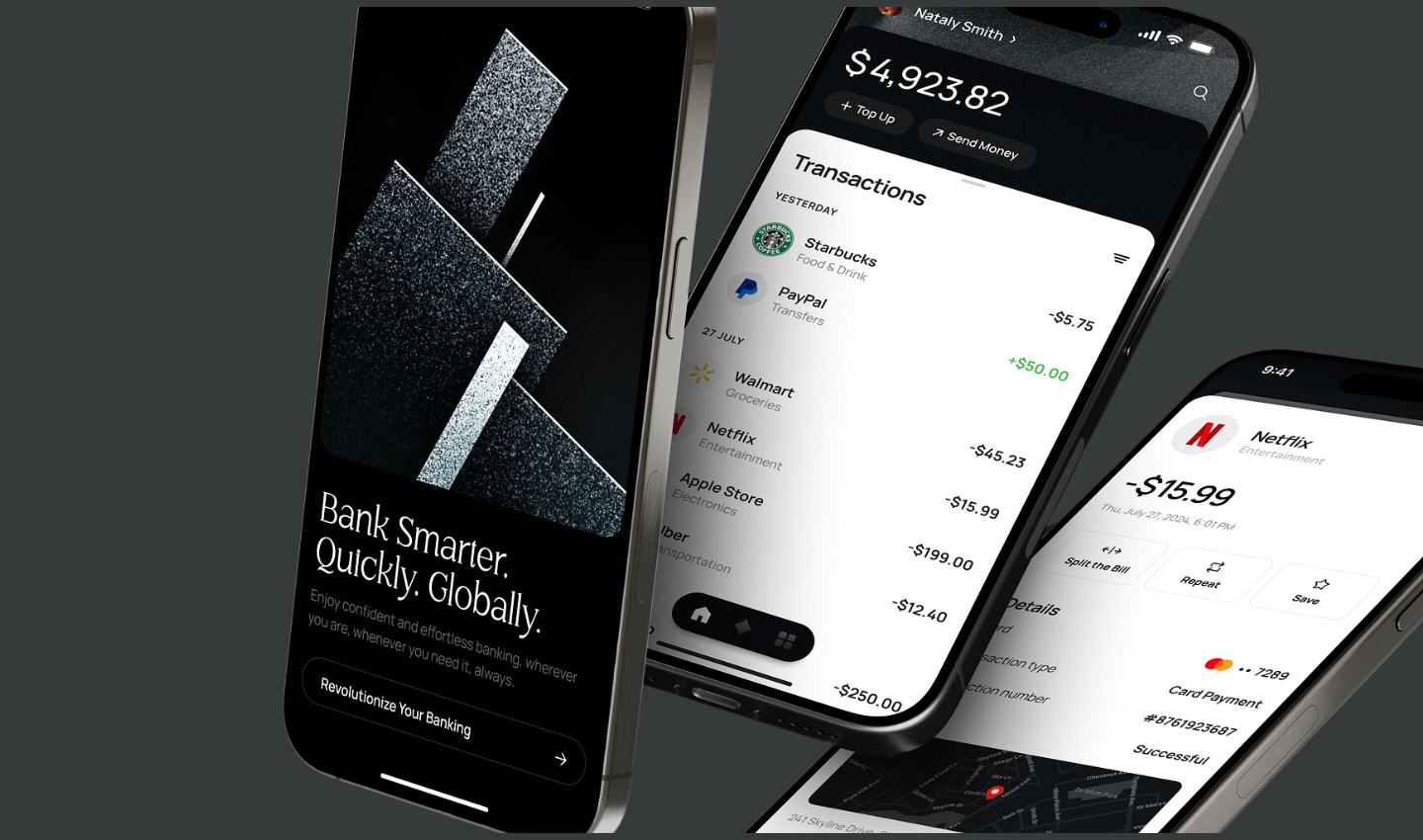
How Fintech is Using No-Code to Fuel Innovation
The rapid rise of no-code development has transformed the tech landscape, offering a powerful way for businesses to create software applications without needing to write a single line of code. No-code development platforms empower non-technical users to build, customise, and launch digital products quickly and efficiently. These platforms enable ease of use, substantial cost savings, and faster product development timelines, making them increasingly attractive for businesses, especially in fast-paced industries like fintech.
In this article, we’ll explore how no-code is transforming the fintech industry, highlighting key use cases and emerging trends that showcase its potential to revolutionise financial services.
Table of Contents
I. Why No-Code Is a Game-Changer for Fintech
No-code platforms have emerged as a powerful tool for fintech companies, enabling them to navigate a competitive landscape with more agility and efficiency. Fintech startups and small businesses, in particular, benefit immensely from no-code, as it lowers traditional barriers to entry and accelerates the path to innovation.
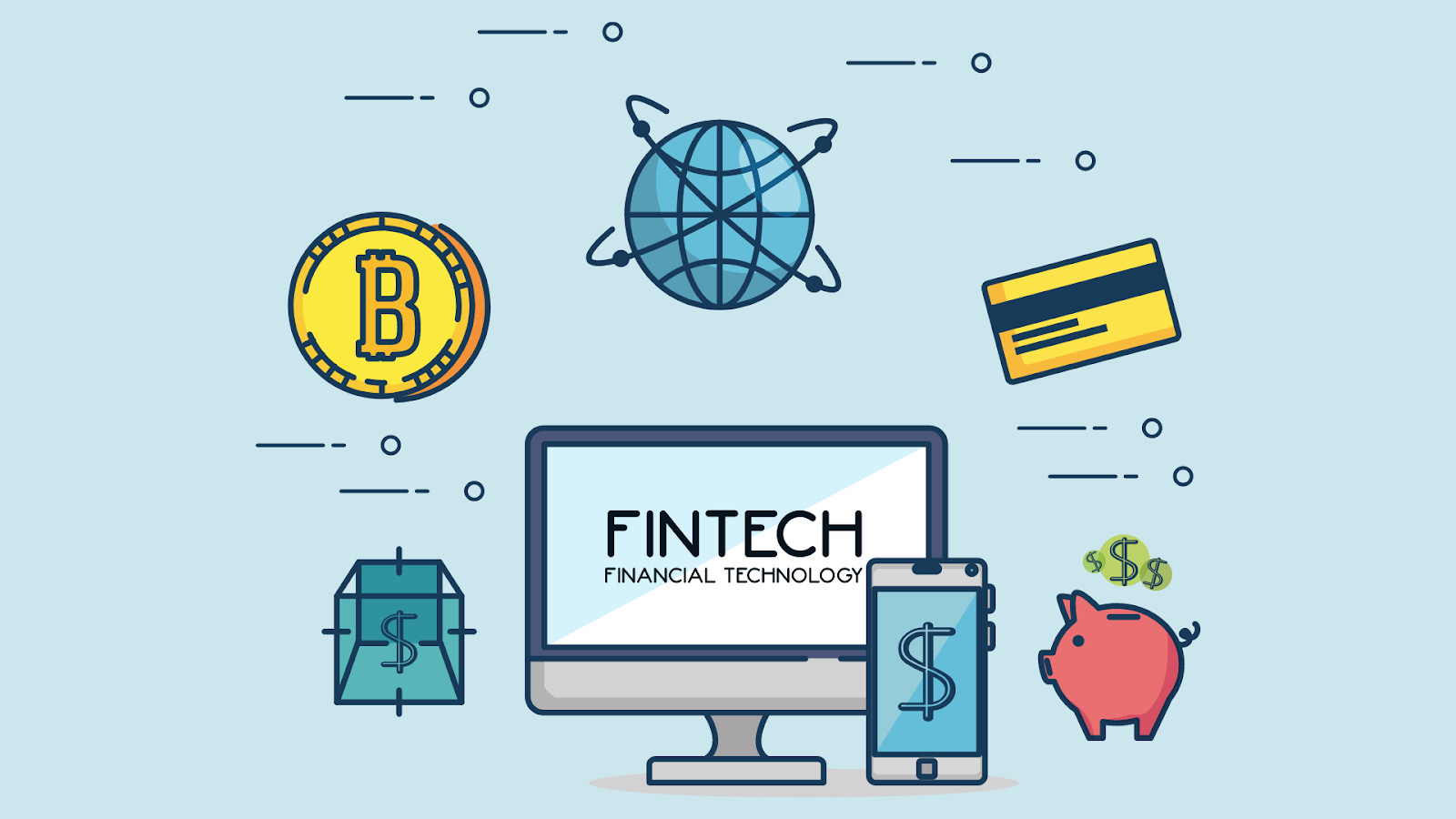
Lower Barriers to Entry
Fintech startups often face significant challenges when entering the market, especially due to the technical expertise and resources required to build apps from scratch. No-code platforms democratize this process, empowering non-technical founders and small teams to develop and launch fully functional applications without the need for large development teams. By using intuitive drag-and-drop interfaces and pre-built templates, no-code platforms remove the need for complex coding, allowing startups to focus on innovation and customer experience rather than technical roadblocks.
Faster Product Development
In the fast-paced fintech industry, speed is everything. No-code platforms provide a unique advantage by enabling fintech companies to develop and deploy apps faster than traditional development methods. With pre-built modules and integrations readily available, fintech companies can cut down on development time, allowing them to launch new features and products more quickly. This speed not only helps fintech firms stay competitive but also enables them to respond swiftly to changing market demands and customer needs.
Cost-Effectiveness
Hiring and maintaining a full-time development team can be expensive, especially for early-stage fintech startups. No-code platforms offer a cost-effective alternative by significantly reducing the need for specialized developers. With no-code, fintech companies can build and maintain their apps using fewer resources, which helps cut overhead costs. This budget-friendly approach allows fintech firms to allocate more resources toward other critical areas such as marketing, customer acquisition, and compliance.
Agility and Flexibility
One of the most significant advantages of no-code is the agility it provides to fintech companies. In a rapidly evolving industry, businesses need to be able to pivot quickly and adapt to new trends or regulations. No-code platforms allow fintech companies to test and iterate on new features in real-time without going through lengthy development cycles. Whether it’s responding to customer feedback or launching a new product feature, no-code provides the flexibility to make adjustments swiftly, keeping fintech firms agile and responsive in a dynamic market.
II. Latest Use Cases of No-Code in Fintech
No-code platforms have opened new doors for fintech companies, allowing them to develop innovative solutions quickly and cost-effectively. Below are some of the most impactful use cases where no-code is making a significant difference in fintech.
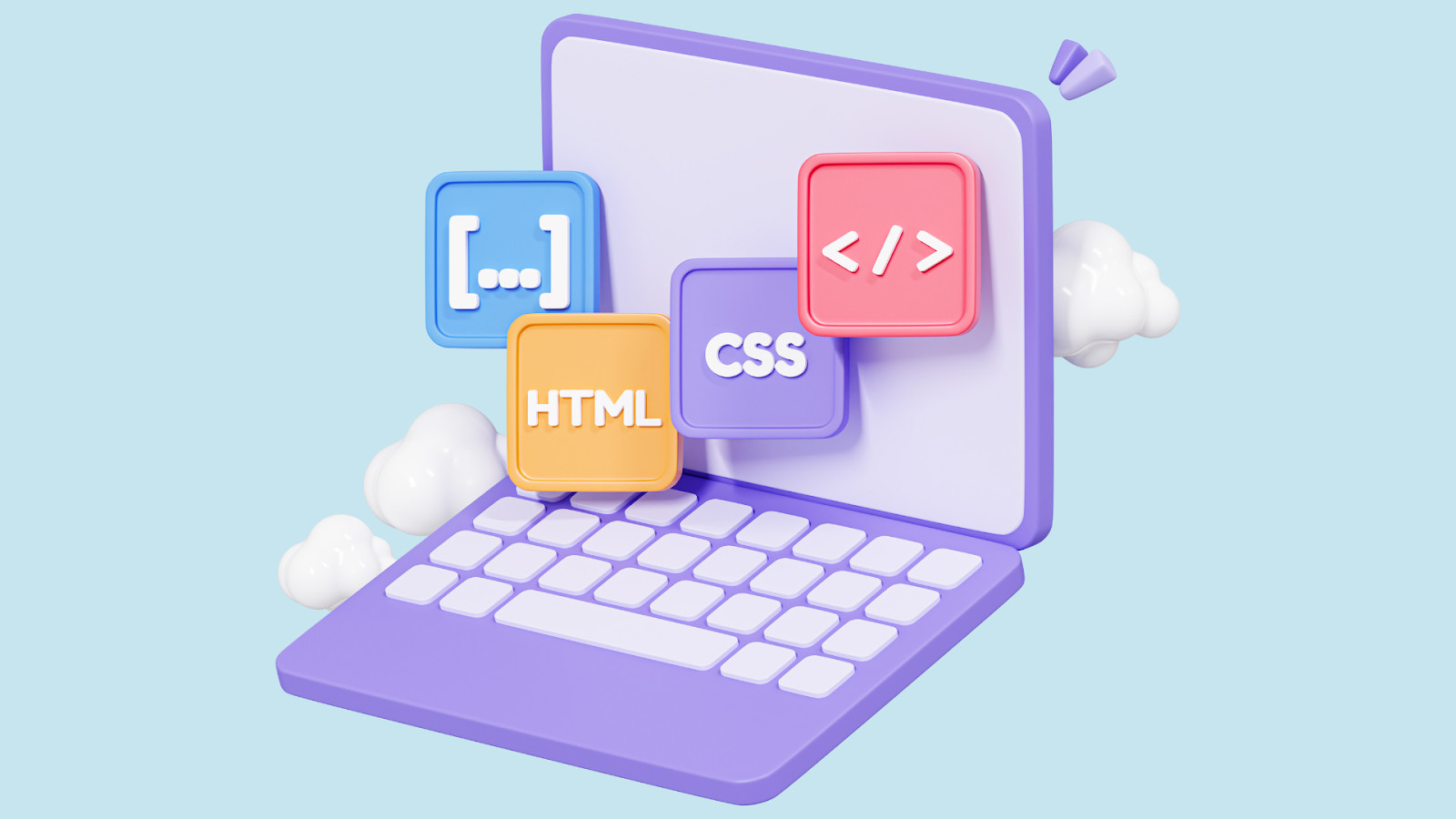
Digital Banking Platforms
Both fintech startups and traditional banks are leveraging no-code platforms to develop customer-friendly mobile banking applications. These apps typically feature essential functionalities like account management, fund transfers, and loan applications, providing users with a seamless experience without the need for complex, custom-built code. By using no-code platforms, these companies can focus on user experience while delivering reliable and secure services. The ability to quickly adapt to customer needs and launch new features is a key benefit that no-code offers in this space, helping fintech firms maintain a competitive edge.
Automated Payment Processing
No-code solutions are being used to build custom payment gateways that automate and simplify transaction processing for businesses. These systems streamline payment workflows by handling tasks such as processing payments, refunds, and subscriptions without manual intervention. With no-code platforms, fintech companies can create highly tailored payment solutions without needing to invest in expensive and complex infrastructure. This makes it easier for businesses to integrate their own payment systems, whether they’re processing e-commerce transactions or managing peer-to-peer payments.
Regulatory Compliance Solutions
The financial sector is heavily regulated, and compliance is critical for fintech companies, especially in areas such as KYC (Know Your Customer) and AML (Anti-Money Laundering). No-code platforms provide practical tools that help fintech firms automate these compliance processes. By using no-code, companies can create solutions that streamline onboarding, automatically verify customer identities, and monitor transactions for suspicious activity. These solutions not only reduce the risk of human error but also help fintech companies scale their operations while staying compliant with regulatory requirements.
Personal Finance Management (PFM) Tools
No-code platforms are being utilized to build personal finance management apps that help users manage their financial lives more effectively. These PFM tools allow users to track their spending, create budgets, and plan investments. By leveraging no-code platforms, fintech companies can quickly roll out these intuitive, user-friendly applications without the need for extensive development. PFM apps are growing in popularity as they offer a simplified way for consumers to take control of their finances, and no-code platforms are making it easier for fintech companies to meet this demand.
Loan and Credit Platforms
The loan application and approval process is often a complex and lengthy procedure. No-code technology allows fintech companies to develop loan and credit platforms that automate and simplify this process. By streamlining application submissions, automating risk assessments, and providing instant credit decisions, these no-code-built platforms help smaller fintech firms compete with traditional lenders. This technology is also instrumental in reducing the time and effort required to approve loans, which improves customer satisfaction and reduces operational costs.

Blockchain and Cryptocurrencies
Blockchain technology and cryptocurrencies are revolutionizing the financial industry, and no-code platforms are playing a key role in their adoption. Fintech companies are using no-code to create apps for cryptocurrency trading, managing digital wallets, and even implementing blockchain-based smart contracts. These no-code solutions allow fintech firms to enter the blockchain space quickly and efficiently, without the need for specialized blockchain developers. This opens up new opportunities for smaller companies to explore decentralized finance (DeFi) and other blockchain-related innovations without facing steep development challenges.
III. Emerging Trends in No-Code for Fintech
No-code platforms continue to evolve, offering fintech companies new opportunities to innovate and adapt to market changes. Several emerging trends highlight how no-code is shaping the future of fintech, integrating cutting-edge technologies and addressing industry challenges.
AI and Machine Learning Integration
One of the most exciting trends in no-code platforms is the integration of artificial intelligence (AI) and machine learning (ML) tools. These capabilities enable fintech companies to offer highly personalized financial services without requiring extensive technical expertise in AI. For example, no-code platforms equipped with AI can help fintech firms develop fraud detection systems that identify suspicious transactions in real-time, provide predictive analytics to forecast financial trends, and offer tailored financial advice to customers based on their spending habits and financial goals. By leveraging AI and ML, fintech companies can enhance customer experiences and provide smarter, data-driven solutions.
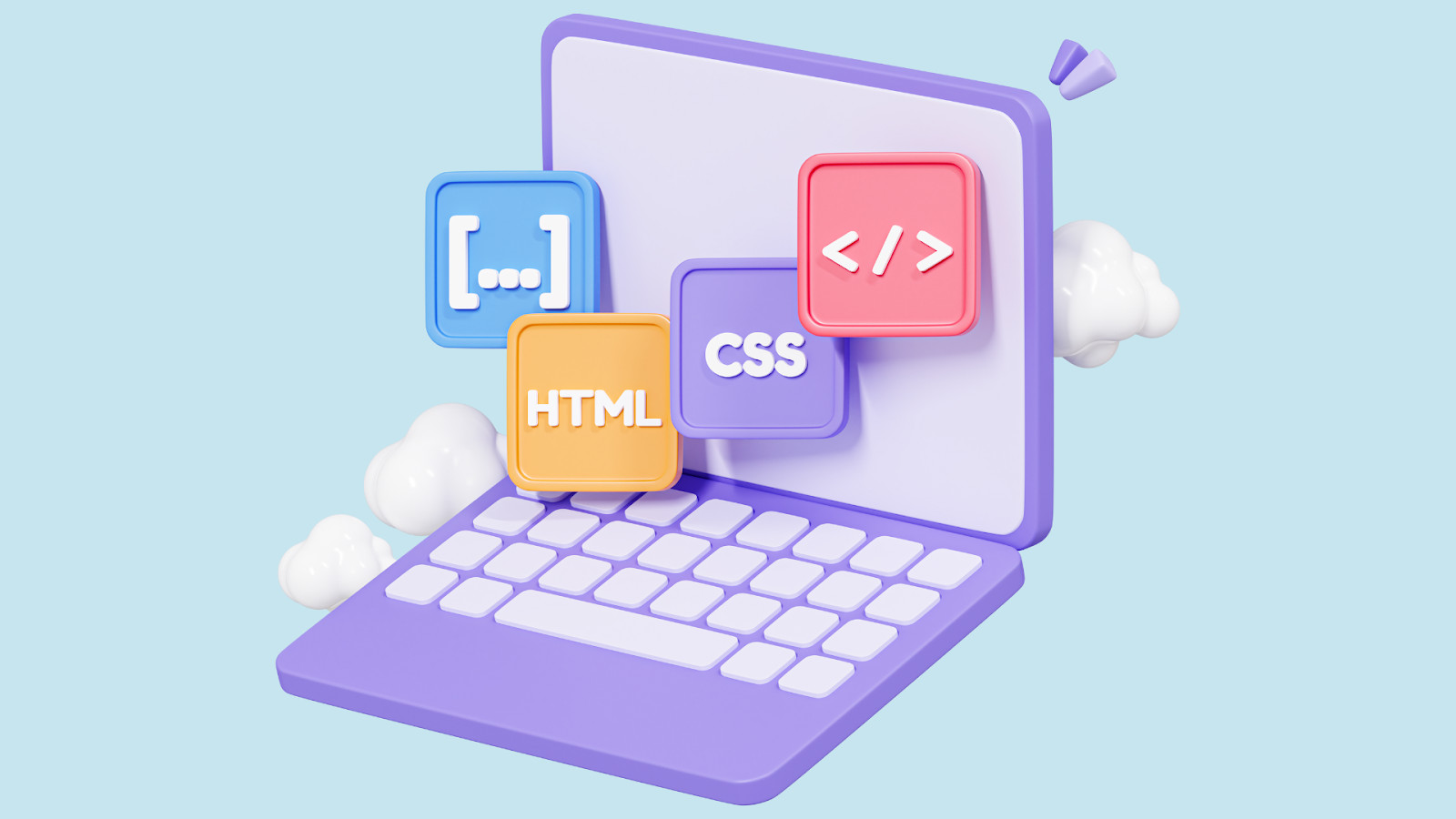
Low-Code/No-Code Hybrid Models:
While no-code platforms are incredibly powerful and accessible, some fintech companies are adopting a hybrid approach that combines the ease of no-code with the flexibility of low-code. Low-code platforms offer some degree of coding, which allows developers to create more complex and customized applications. This hybrid model enables fintech firms to build advanced financial products that require greater functionality while still maintaining the speed and simplicity of no-code development. This trend is particularly beneficial for fintech companies that need to balance ease of use with the ability to implement intricate, industry-specific processes.
Increased Focus on Security
Security is a top priority in the financial sector, and no-code platforms are rising to meet this demand. As fintech companies handle sensitive customer data and conduct high-value transactions, security features have become a focal point for no-code platforms. These platforms are increasingly incorporating advanced security measures to ensure compliance with industry regulations, such as PCI-DSS (Payment Card Industry Data Security Standard) and GDPR (General Data Protection Regulation). This enhanced focus on security helps fintech companies build user trust and gain regulatory approval, making no-code platforms a viable solution for developing secure financial applications.
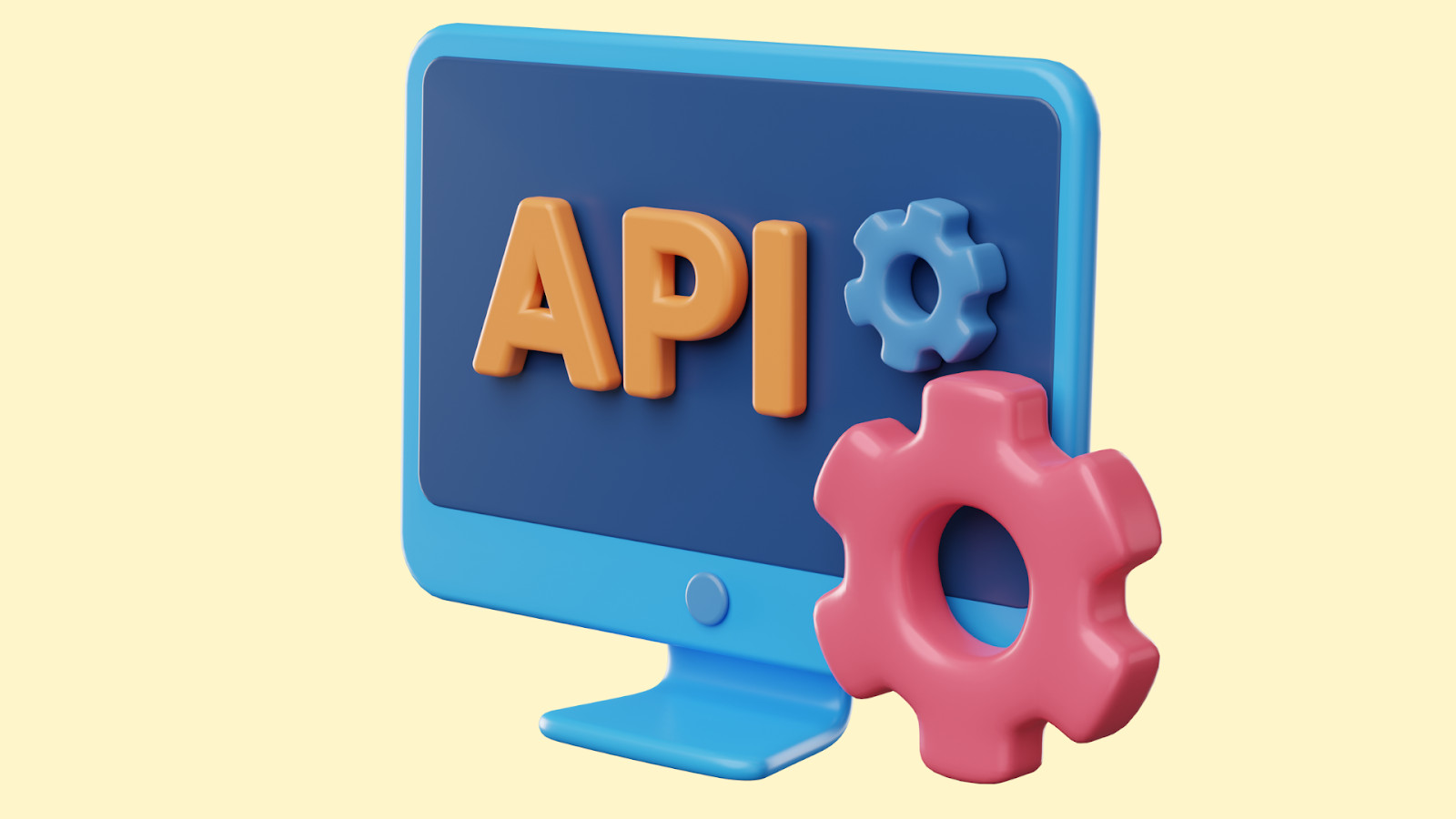
API-Driven Solutions
Application Programming Interfaces (APIs) are at the heart of fintech innovation, enabling different systems to communicate and share data efficiently. No-code platforms are now offering seamless integration with financial APIs, allowing fintech companies to build sophisticated applications for payment processing, user authentication, data analytics, and more—without needing to develop backend infrastructure from scratch. This API-driven approach allows fintech firms to tap into existing services, such as bank account verification or transaction monitoring, and integrate them directly into their applications, thereby reducing development time and effort.
DeFi and Embedded Finance
Decentralized finance (DeFi) and embedded finance are transforming the way fintech companies operate, and no-code platforms are playing a significant role in this revolution. DeFi, which refers to blockchain-based financial services that operate without intermediaries, has seen significant growth, and no-code platforms are making it easier for fintech companies to enter this space. No-code platforms allow firms to build DeFi applications such as decentralized exchanges, digital wallets, and smart contracts with minimal coding. Additionally, no-code is facilitating embedded finance, where financial services like payments, lending, and insurance are integrated directly into non-financial products. This trend is enabling more businesses across industries to offer financial services to their customers without needing to build these capabilities from scratch.
IV. Benefits of No-Code for Fintech Startups and Enterprises
No-code platforms have become invaluable tools for fintech startups and enterprises, offering several distinct advantages that help these companies innovate, scale, and remain competitive. Whether a business is in its early stages or an established player in the fintech space, no-code provides a versatile solution for rapid development, collaboration, and customization.
Speed to Market
One of the most significant benefits of no-code for fintech startups is the ability to quickly launch MVPs (Minimum Viable Products). Startups often face tight deadlines to bring their ideas to market and attract early adopters or investors. With no-code platforms, fintech companies can develop functional MVPs in a fraction of the time it would take using traditional development methods. This rapid prototyping capability allows startups to gather feedback, iterate on their products, and refine features without the long lead times typically associated with full-fledged product development. As a result, fintech startups can stay competitive and seize opportunities faster.

Scalability
As fintech companies grow, scalability becomes a critical factor for success. No-code platforms are designed to be highly scalable, allowing companies to add new features, expand services, or accommodate more users without the need to rebuild the application from scratch. This makes no-code an ideal solution for startups looking to grow quickly, as well as for established enterprises that need to continuously innovate while scaling their offerings. Whether it’s introducing new financial products or integrating with third-party services, fintech firms can use no-code platforms to meet customer demands without compromising performance or increasing development complexity.
Customizability
Despite being code-free, no-code platforms offer a high degree of customizability, ensuring that fintech companies can tailor their products to meet specific customer needs and stand out in a crowded market. These platforms provide various customization options, such as adjustable templates, drag-and-drop interfaces, and built-in integration capabilities. This flexibility allows fintech companies to create unique, branded experiences that align with their business goals, whether they’re building a personal finance app, a digital banking solution, or an investment platform. The ability to customize products quickly and easily without relying on developers also enhances a company’s responsiveness to market changes and customer feedback.

Collaboration
No-code platforms promote better collaboration between business teams and technical developers, a key advantage in fintech where innovation often requires input from multiple stakeholders. These platforms provide a visual development interface that allows non-technical teams—such as marketing, product management, and customer service—to actively participate in the development process. By reducing the need for constant back-and-forth between business and technical teams, no-code platforms enable faster decision-making and quicker implementation of new features. This collaborative environment fosters innovation, streamlines workflows, and ensures that business objectives remain aligned with product development efforts, ultimately driving better results in less time.
V. Challenges and Limitations of No-Code in Fintech
Although no-code platforms offer numerous advantages, there are still notable challenges and limitations that fintech companies need to consider. Security, customization, and regulatory compliance are critical factors that can influence the suitability of no-code solutions for more complex financial services.
Security Concerns
While no-code platforms are continuously improving their security measures, some fintech companies remain cautious about entrusting third-party platforms with sensitive financial data. The financial industry handles vast amounts of confidential information, from personal customer details to high-value transactions, making data security a top priority. Using a no-code platform means relying on an external provider to implement and maintain critical security features, such as encryption and data protection, which can be a point of concern for fintech firms. Companies need to ensure that the platform they choose adheres to the highest security standards and offers robust safeguards like multi-factor authentication, end-to-end encryption, and compliance with industry regulations such as PCI-DSS. Despite advancements, the reliance on external platforms introduces a layer of risk that some fintech firms may not be comfortable with.
Customization Limits
While no-code platforms offer a high level of flexibility, they may fall short when it comes to building complex financial services that require deep customization. Many fintech applications involve intricate workflows, risk assessments, or tailored financial products that may exceed the capabilities of no-code tools. No-code platforms typically rely on pre-built templates and modules, which can limit the ability to implement highly specific, niche functionalities that certain fintech solutions demand. For instance, if a fintech company is developing a custom algorithm for real-time trading or a proprietary model for credit scoring, the level of customization required might surpass what a no-code platform can offer. In these cases, companies might need to explore low-code or traditional development approaches to achieve the desired functionality and flexibility.
Regulatory Compliance
The financial services industry is subject to stringent regulatory oversight, with organizations like the SEC (Securities and Exchange Commission) and FCA (Financial Conduct Authority) enforcing strict rules around data protection, transparency, and financial conduct. Ensuring that no-code-built applications comply with these regulations is crucial for fintech firms. While some no-code platforms offer features designed to help meet compliance requirements, they may not be fully equipped to handle the complexities of financial regulations such as GDPR (General Data Protection Regulation), KYC (Know Your Customer), and AML (Anti-Money Laundering). The potential for compliance failures is a significant concern, as non-compliance can lead to legal penalties and reputational damage. To mitigate these risks, fintech firms must carefully assess whether the no-code platform they are using provides adequate support for compliance management and regulatory reporting. In some cases, they may need to implement additional compliance tools or choose more specialized development solutions to meet regulatory demands.
VI. Future of No-Code in Fintech
The future of no-code in fintech looks promising as more traditional financial institutions and startups alike realize its transformative potential. As the technology matures, its role in shaping the fintech landscape is expected to expand, driven by trends such as wider adoption by large financial institutions, the integration of AI, and increased cross-industry collaboration.
Wider Adoption Among Traditional Financial Institutions
Historically, large banks and traditional financial institutions have relied on complex, custom-built software systems to manage their operations and provide services to customers. However, as no-code platforms prove their efficiency in rapidly building scalable, secure, and user-friendly applications, these institutions are beginning to recognize the benefits of adopting no-code solutions. By leveraging no-code, banks can develop customer-facing products, such as mobile banking apps and personalized financial dashboards, more quickly and cost-effectively. As digital transformation becomes a priority for the financial sector, expect to see a growing number of large institutions adopting no-code platforms to enhance their digital offerings, improve customer engagement, and streamline internal operations.

AI-Powered Financial Tools:
The integration of artificial intelligence (AI) with no-code platforms is expected to be a major driver of innovation in fintech. No-code platforms with built-in AI tools will allow fintech companies to deliver highly personalized and intelligent financial services. These AI-powered tools can be used for a wide range of applications, such as automating fraud detection, generating predictive financial analytics, or providing personalized investment advice based on user data. As AI continues to evolve, no-code platforms will empower fintech companies to create smarter, more responsive services without the need for specialized AI development expertise. This capability will be particularly valuable in areas like risk management, customer service, and wealth management, where personalized solutions can significantly enhance the user experience.
Cross-Industry Collaboration
Another trend shaping the future of no-code in fintech is the growing potential for cross-industry collaboration. No-code platforms simplify the development of embedded finance solutions, where financial services like payments, lending, and insurance are integrated directly into non-financial products. This will facilitate collaborations between fintech companies and industries such as healthcare, e-commerce, and real estate, allowing businesses in these sectors to offer financial services without building complex financial infrastructure. For example, an e-commerce platform could easily integrate buy-now-pay-later options or payment gateways using a no-code platform, while healthcare providers might offer embedded insurance solutions directly through their digital channels. No-code enables fintech to be seamlessly embedded into other industries, opening up new revenue streams and expanding the reach of financial services.

Open Banking and No-Code
Open banking, which allows third-party developers to build applications and services using data from financial institutions, presents a significant opportunity for no-code platforms. Open banking initiatives are designed to foster competition and innovation in the financial services industry by enabling users to share their financial data securely with third-party applications. No-code platforms are well-positioned to take advantage of this trend by offering fintech companies the ability to easily build apps that aggregate and connect data from multiple financial institutions. With open banking APIs becoming more widely available, no-code platforms can help fintech firms quickly develop services that provide customers with a comprehensive view of their finances, while also offering innovative features like real-time budgeting, investment tracking, and personalized financial recommendations. As open banking becomes more widespread, no-code platforms will play a crucial role in helping fintech companies leverage these opportunities to create user-centric, data-driven financial products.
The future of no-code in fintech promises to be marked by wider adoption, deeper integration of AI, cross-industry collaboration, and new possibilities brought about by open banking. As these trends continue to shape the fintech landscape, no-code platforms will become an essential tool for driving innovation, creating value, and transforming the way financial services are built and delivered.
VII. How to Get Started with No-Code in Fintech
To get started with no-code in fintech, companies should first choose the right platform that prioritizes security, scalability, and API integration. Identifying the right use cases—whether automating back-office tasks or building customer-facing apps—is also key to leveraging no-code effectively. Fintech startups can quickly launch MVPs using no-code platforms and ensure their apps comply with industry regulations by following best practices.
For a thorough discussion on this, check out our article about How to Build Your First MVP with No-Code in 2024
Conclusion
No-code development is driving innovation and accelerating digital transformation within the fintech industry by lowering the barriers to entry, speeding up product development, and reducing costs. Its ability to empower both startups and established financial institutions to create customer-friendly applications, automate processes, and integrate emerging technologies such as AI and blockchain is reshaping the financial services landscape. By enabling rapid prototyping and scalability, no-code is giving fintech companies the agility they need to compete in an increasingly dynamic market.
Looking ahead, no-code holds the potential to democratize the creation of financial products, allowing non-technical teams to bring their ideas to life without relying on large development teams or specialized coding skills. As more fintech firms adopt no-code, the technology will play a critical role in facilitating cross-industry collaboration, expanding access to open banking, and advancing embedded finance solutions. The future of no-code in fintech promises increased innovation, personalized services, and smarter financial tools, all while maintaining security and compliance.
Now is the time for fintech startups and enterprises to explore the possibilities of no-code platforms and harness their power to drive innovation. Whether you’re building an MVP, improving operational efficiency, or expanding your product offerings, no-code development can accelerate your business growth and set you up for long-term success. Start leveraging the power of no-code today and unlock new opportunities for your fintech business.
Take your company to the next level and get results with our world class user experience, interface design and implementation.
Get a FREE 30 min Strategy Session

Related posts
Error-Free UX: How to Anticipate and Prevent Errors in UX
Errors in UX design can lead to frustration, loss of trust, and even abandonment of a product. A well-designed UX […]
How we weaponise user interviews at Raw.Studio
Let’s face it. Most user interviews suck. They’re boring at best and painful at worst. Well-intentioned interviewers simply ask the […]
Top 5 UX Design Agencies for SaaS in Australia
In the competitive world of Software as a Service (SaaS), user experience (UX) can make or break a product. Effective […]
Creative product design that gets results
Take your company to the next level with world class user experience and interface design.
get a free strategy session



